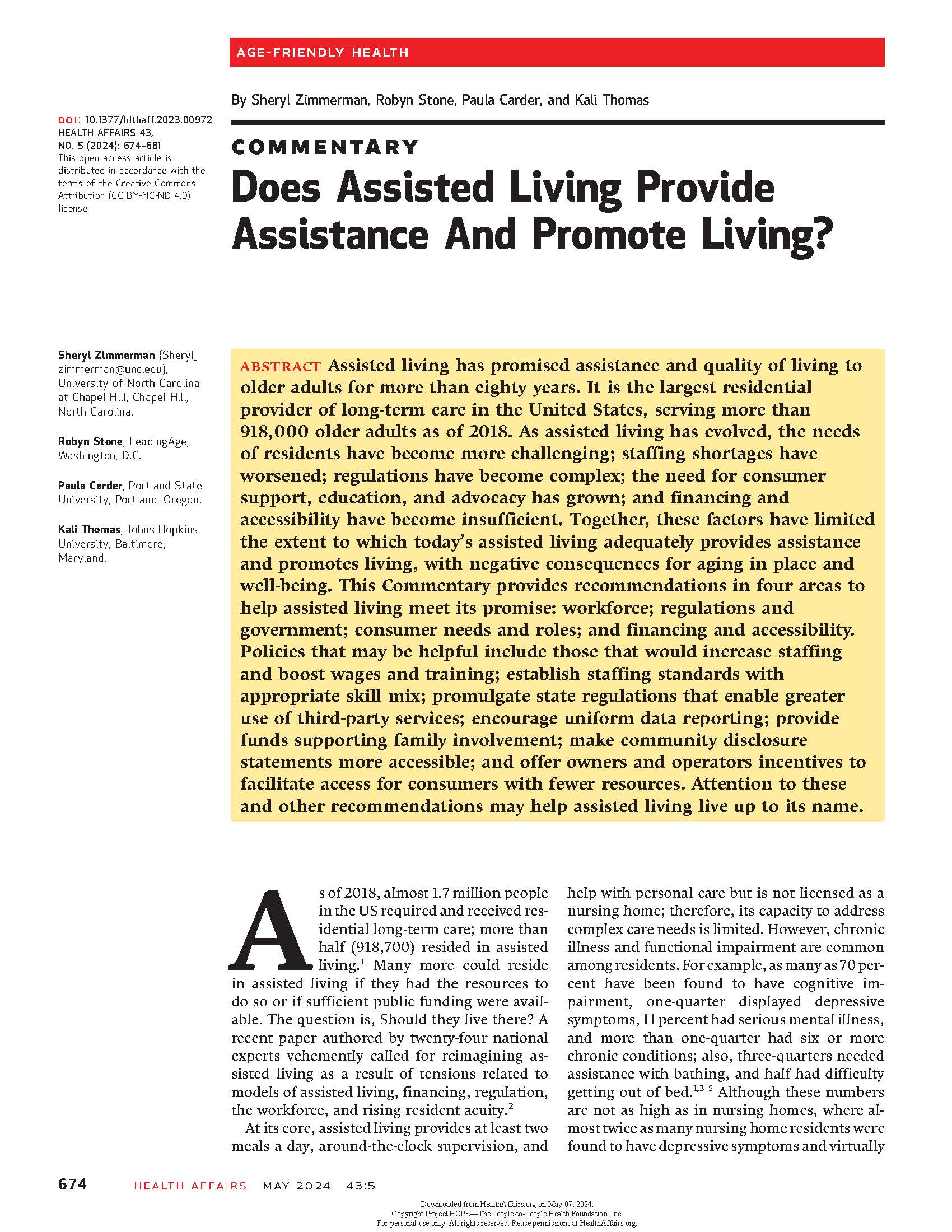INTRODUCTION
Professional caregivers (nursing assistants and personal care aides) in nursing homes (NH) and assisted living (AL) provide the majority of long‐term residential care for persons with Alzheimer’s disease and related dementias. Their work is stressful, but until recently, no measures were available to assess stress in this workforce. Using the new Long‐Term Care Cope (LTC COPE) scale, this study evaluates the relationship of coping with staff demographic characteristics and outcomes; the findings can be used to develop and evaluate interventions to improve staff well‐being.
METHODS
We used a cross‐sectional online questionnaire completed by professional caregivers working in a purposive selection of 10 NHs and three AL communities in California, New York, and North Carolina. The sample included 391 professional caregivers and had a representative distribution by age; it was 87% female; 42% non‐Hispanic/Latinx (NHL) Black, 25% NHL White, 20% Hispanic/Latinx, and 7% NHL Asian. Worker job satisfaction, mental health, and health‐related quality of life were examined in relation to caregiver demographics and the following approaches to coping as measured by the LTC COPE: avoidance, adaptive psychological strategies, active engagement, maladaptive psychological strategies, minimizing emotional impact, and substance use. Statistical comparisons used non‐parametric Spearman correlation coefficients.
RESULTS
Little difference in coping strategies was noted by sex and education; older caregivers used adaptive psychological strategies more than younger caregivers; and traditionally minoritized adults (NHL Black, NHL Asian, and Hispanic/Latinx), compared to NHL White adults, more often used adaptive and less often used maladaptive psychological coping strategies. The use of maladaptive and avoidance strategies was strongly associated with depressive symptoms, anxiety, and burnout.
DISCUSSION
Professional caregivers report using a wide variety of coping strategies, with multiple strategies being the norm, and both adaptive/engaged and maladaptive/disengaged approaches are common. Certain coping approaches are strongly linked to depression, anxiety, and burnout; attention to training and support of adaptive and positive coping may augment other efforts to improve job satisfaction and performance. The LTC COPE scale has the potential to guide and evaluate practices to improve workers’ well‐being.

Center for Excellence in Assisted Living CEAL@UNC
Advancing the well-being of the people who live and work in assisted living through research, practice, and policy.

